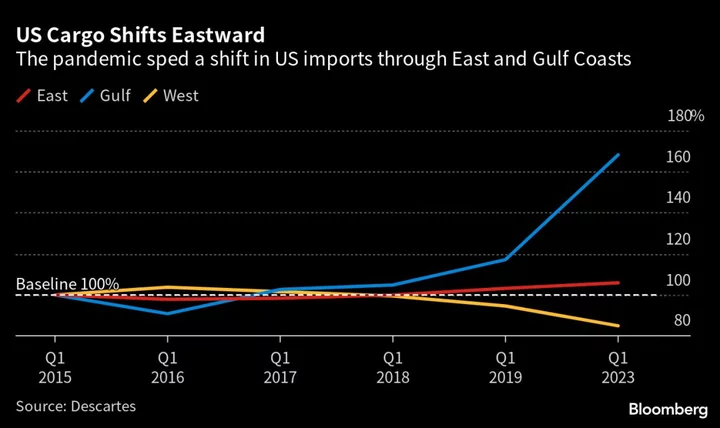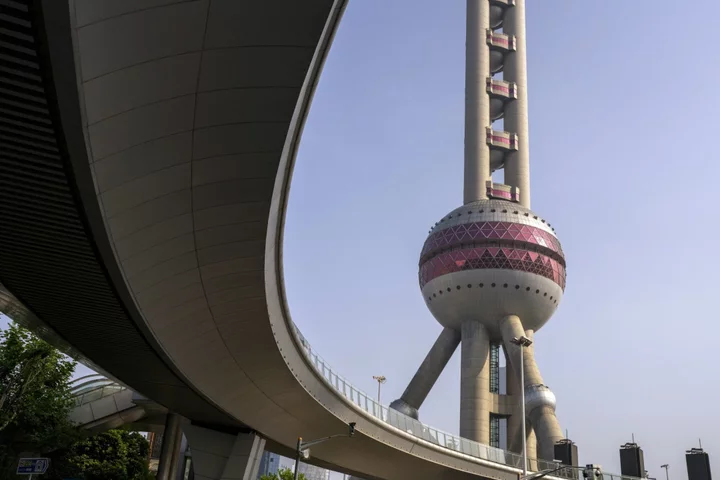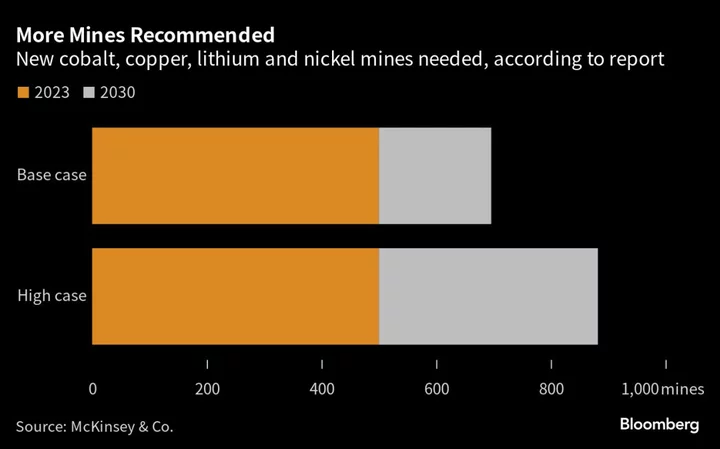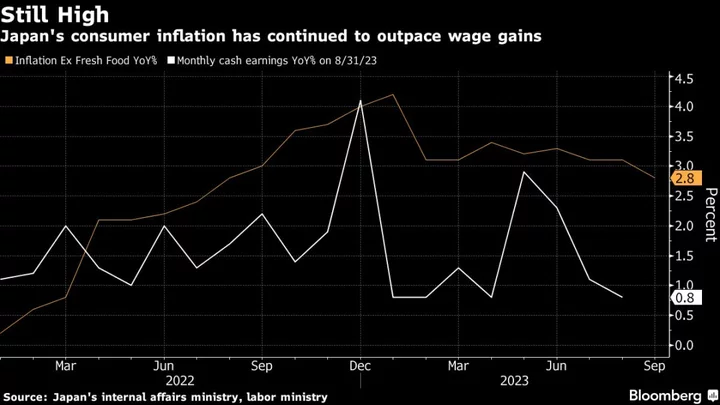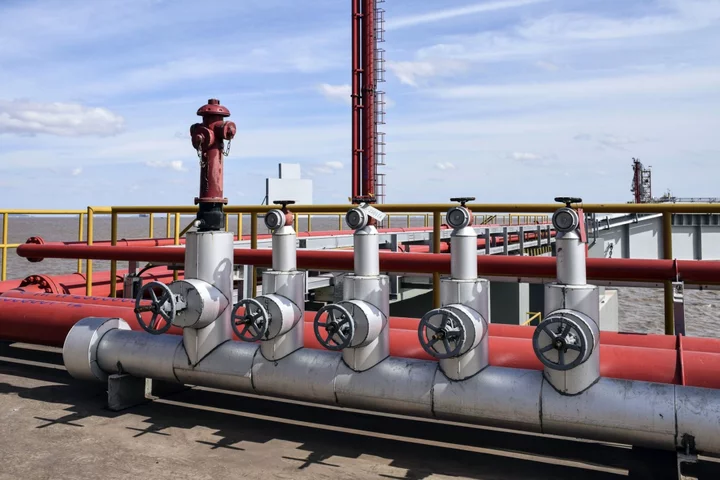Labor actions have disrupted work at several key US West Coast port terminals, all of which are part of protracted negotiations for a new contract for dockworkers.
Members of the International Longshore and Warehouse Union “have effectively shut down operations at some marine terminals at the Ports of Los Angeles and Long Beach,” the Pacific Maritime Association — which represents ocean carriers and terminal operators in the talks — said in a statement Friday.
Similar actions have “shut down or severely impacted terminal operations at the ports of Oakland, Tacoma, Seattle, and Hueneme,” the PMA said.
Meanwhile, the Local 13 chapter of the ILWU — which represents workers at the ports of LA and Long Beach — said cargo operations in the ports continue, but that about 12,000 of its members in Southern California have “taken it upon themselves to voice their displeasure with the ocean carriers’ and terminal operators’ position.”
Members “remain in an arduous fight with ocean carriers and terminal operators,” it said, without providing more information.
The ILWU, which represents about 22,000 US West Coast dockworkers, and the PMA have been in talks for a new labor contract since May last year to replace the one that expired on July 1.
ILWU President Willie Adams said in a statement Friday the two sides “are getting there” and denied reports that the talks have broken down.
“We aren’t going to settle for an economic package that doesn’t recognize the heroic efforts and personal sacrifices of the ILWU workforce that lifted the shipping industry to record profits,” Adams said.
Talks in 2014 dragged on for nine months and caused vessel backups and shortages for some consumer goods. Those discussions finally ended when the US government intervened, but it took most of 2015 for the shipping industry to return to normal.
Friday’s disruptions are damaging to the state’s key ports that handle much of the cargo entering the world’s biggest economy from Asia. The terminals suffered under the strain of a pandemic-era surge in imports.
This, coupled with uncertainty over the negotiations, prompted several importers to make the costly move to divert some of their cargo away from the West Coast. And they will stay away until an agreement is ratified, according to Retail Industry Leaders Association, whose members include Home Depot Inc., Target Corp. and Best Buy Co.
The Oakland International Container Terminal is closed for the day “due to labor jobs not filling at the port,” OICT said in an emailed advisory.
Insufficient labor caused closures of Oakland’s international marine terminals for Friday’s day shift, while Matson, a domestic terminal, is running limited operations, according to port spokesperson Marilyn Sandifur. The issue is anticipated to impact Friday’s second shift as well, and normal operations are expected to resume Monday.
Separately, Trapac LAX — a terminal at the Port of Los Angeles — advised it had to cancel a shift “due to congestion” at the facility. Fenix Marine Services — another LA terminal — also closed Friday, citing a disruption in gate and yard operations that prevented truck drivers from accessing import loads, it said in an emailed advisory.
“Drivers are reporting back to dispatch that trucks are just sitting in line,” said Ian Weiland, chief operating officer Junction Collaborative Transports, a logistics company that works in LA and Long Beach. “There is limited to no crane movement, so containers aren’t being placed on outbound trucks from ships or piles.”
A spokesman for the Port of Los Angeles declined to comment.
(Updates with statement from the ILWU president in the 7th, 8th paragraphs.)

